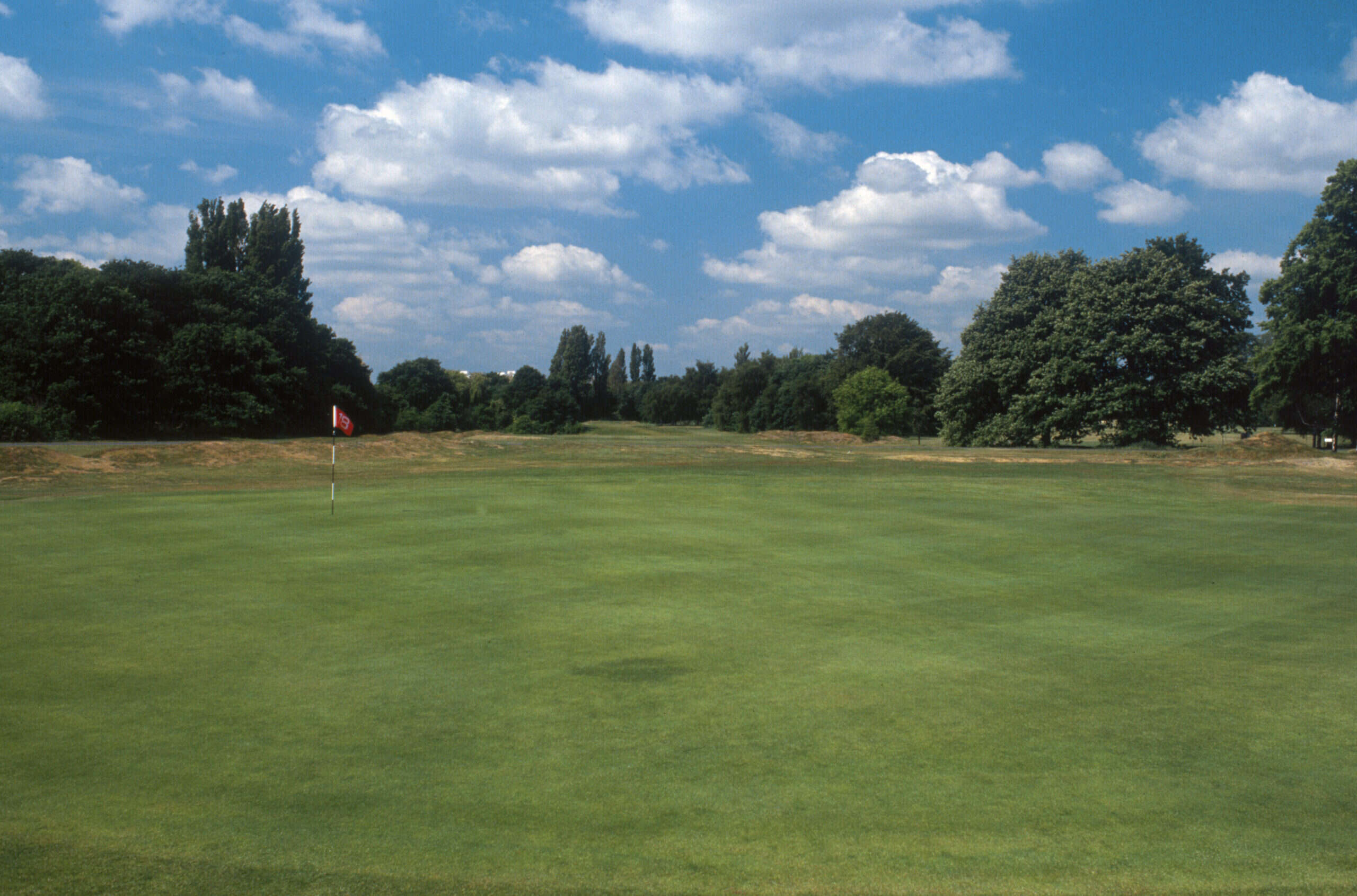
One of the odder subplots of the coronavirus crisis has been that it’s given Britain’s tabloid newspapers a whole new way to feel outraged towards the population of Britain. The papers have been filled with stories about the “selfish” people flouting lockdown rules and flocking to the parks and beaches to take advantage of the unusually warm spring weather. In the early weeks of the crisis, fears that the social contact this entailed would spread the virus led many councils to close their parks altogether.
All of which felt a little harsh towards those who live in flats or shared properties, and so are rather more in need of such spaces than those with their own gardens. So in early April, author and Friends of the Earth campaigner Guy Shrubsole started a Change.org petition under the headline, “Don’t close parks – open up golf courses so there’s more space to exercise safely”.
Shrubsole’s argument – which seems to have been inspired in part by a viral tweet from Sunday Times reporter Rosamund Urwin – is simple. For reasons of both physical and mental health, people need access to green space. If the park system isn’t big enough to provide that without pushing people to stand too close to one another, then why not make better use of that other system of vast, manicured green spaces on the edges of our cities?
The petition is extremely unlikely to actually become policy. It’s had nearly 7,000 signatories – not bad, but a figure that’s dwarfed by the estimated 1.5 million golfers in the UK. Many council-owned golf courses are already, de facto if not de jure, open to the public. (I’ve walked across several.) As for the many private ones, while the government probably could find a way of compelling landowners to allow the public to access their land, finding it doesn’t seem likely to be the priority during this crisis. There isn’t a button that ministers can press that would magically turn golf courses into parks.
But the petition – and the enthusiasm for what might be termed golf course reclamation among Twitter users – has highlighted questions about whether a sport that relatively few people play is really the best use of urban land. A 2017 study Shrubsole conducted for Friends of the Earth found that golf courses take up 10 times as much land in the UK as allotments. (These, for non British readers, are collectively owned plots of land, which individuals can use for small-scale farming. Bafflingly, it’s only golf courses, not allotments, that qualify for agricultural subsidies.)
Every golf course in London. Image: John Murray/CityMetric.
In a piece of research for CityMetric two years later, John Murray calculated that, within London’s orbital M25 motorway, there are 189 courses covering 76.4 km² (29.5 mi²). In other words, 3.3% of all land in and around London – one acre in every 30 – is given over to golf. Given not just the overcrowding of the city’s parks, but the overcrowded and expensive nature of its housing, it is not clear that this is the best way of using a scarce resource.
London isn’t the only city where golfers can effectively buy access to better green spaces. The Trust for Public Land’s Park Score index, which evaluates park access and quality in cities across the US, has given Los Angeles a score of 46 out of 100 (New York City gets 77). Yet the city is dotted with manicured golf courses and exclusive country clubs which, as Malcolm Gladwell once raged about in an enjoyable episode of his podcast, even benefit from a protected tax status. In 2017 the Los Angeles Times noted that “less than half of L.A. County residents have easy access to a park”. But the rich ones? They can buy their way in.
The pandemic has already led numerous cities to reconsider how they allocate land to different modes of transport, for example by converting roads into walking space or cycle lanes. None have yet discussed investigating more radical land reform policies, that might bring some of those private green spaces back into public use. But maybe they should.
Britain’s parks are still open, by the way: on 18 April, local government secretary Robert Jenrick stepped in, to explicitly tell councils that “people need parks”. Perhaps the tabloid press would consider turning its attention to Britain’s selfish golfers, instead.
Jonn Elledge was founding editor of CityMetric. He is on Twitter as @jonnelledge and on Facebook as JonnElledgeWrites.







